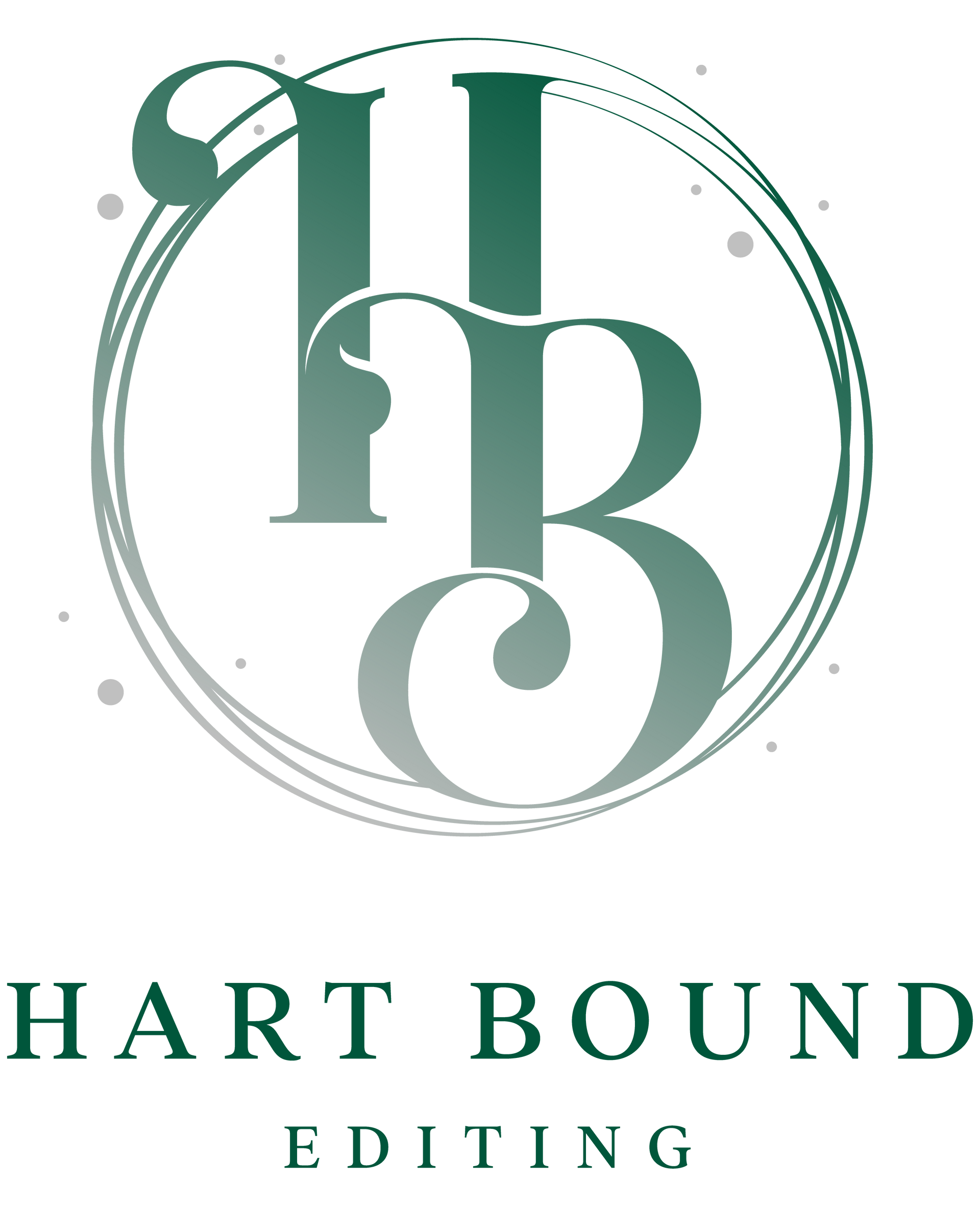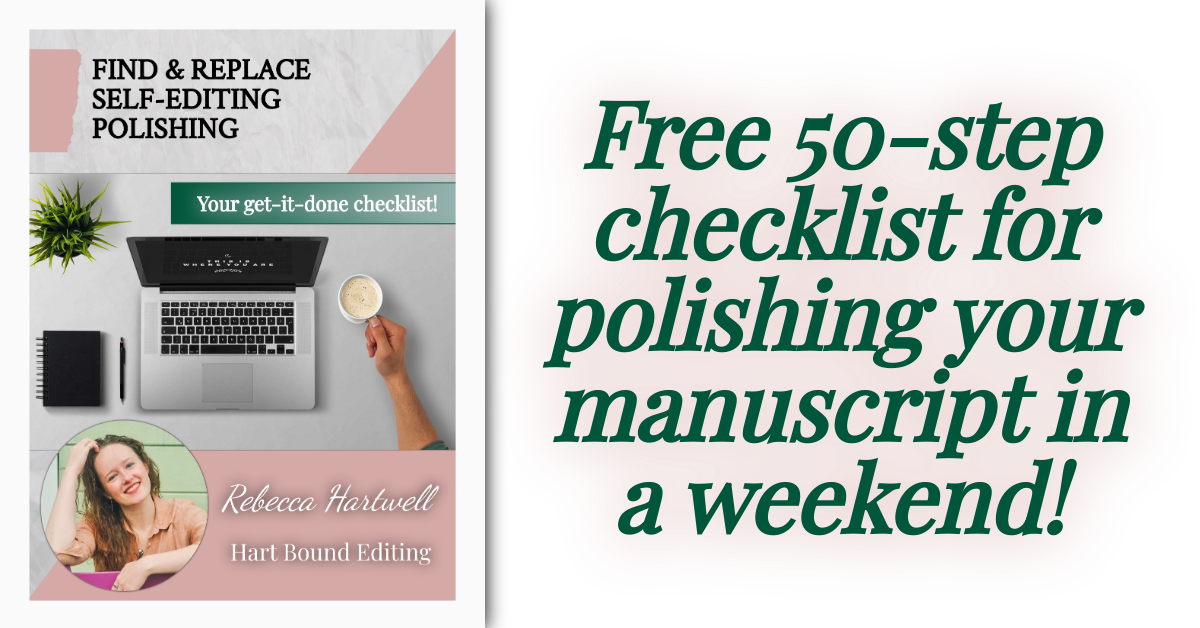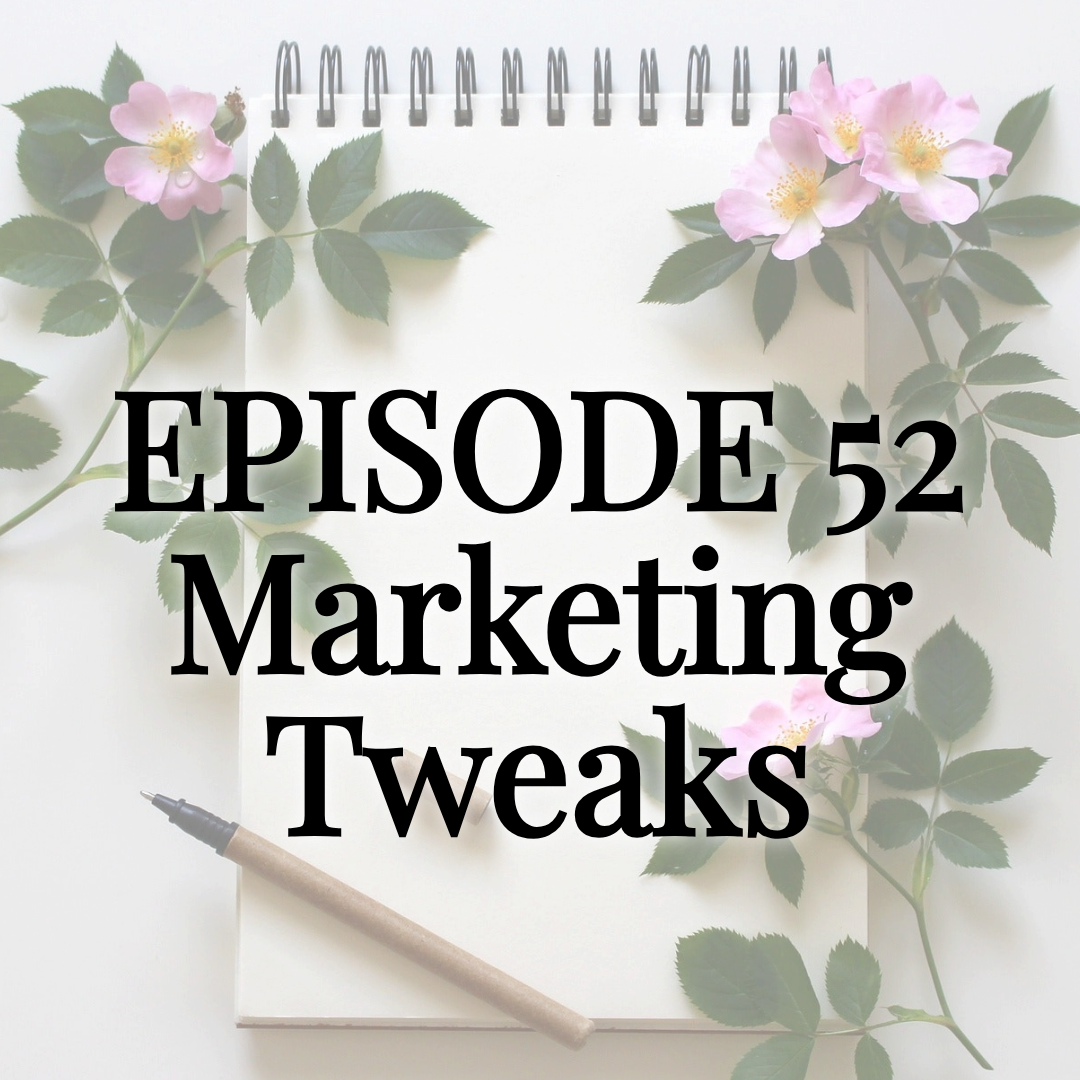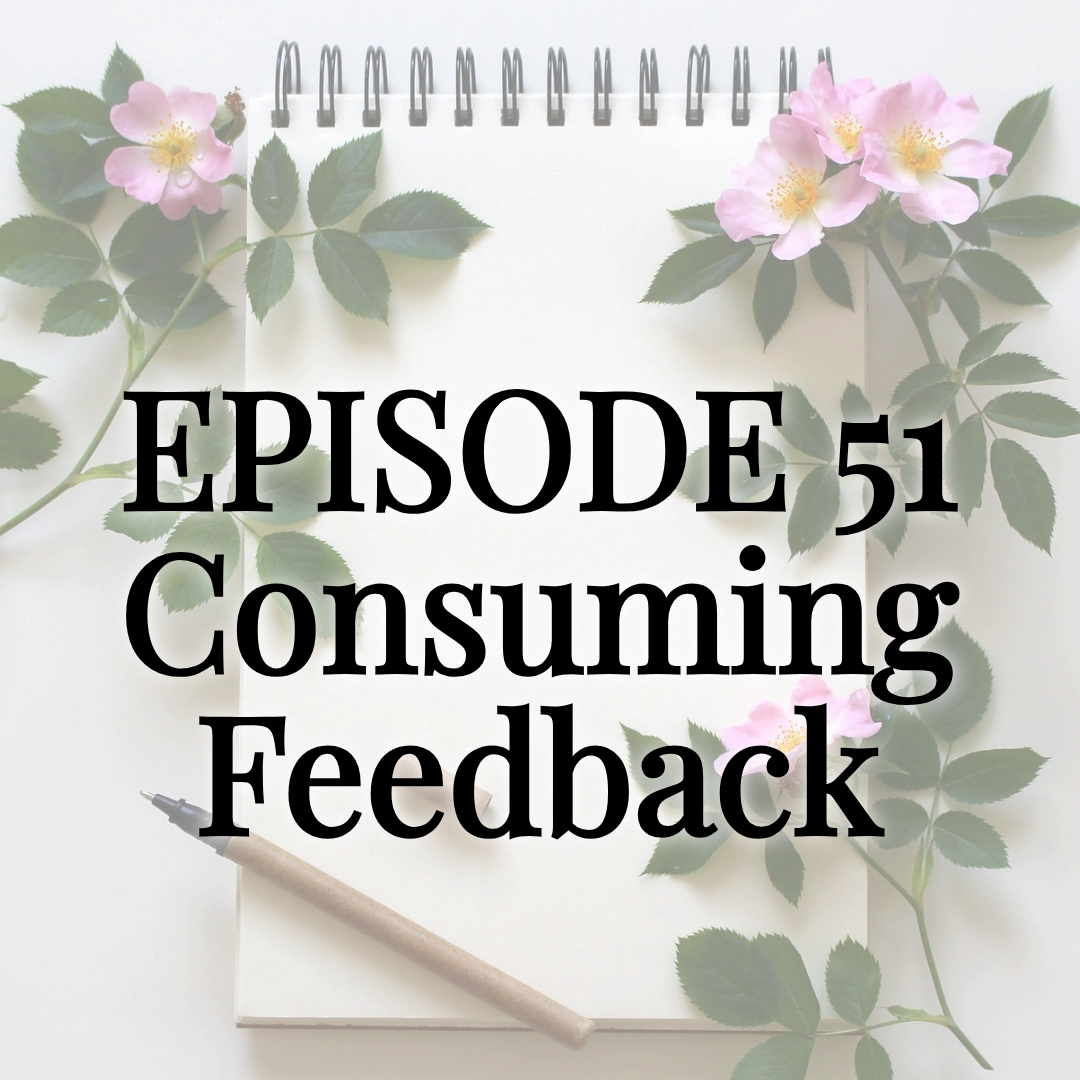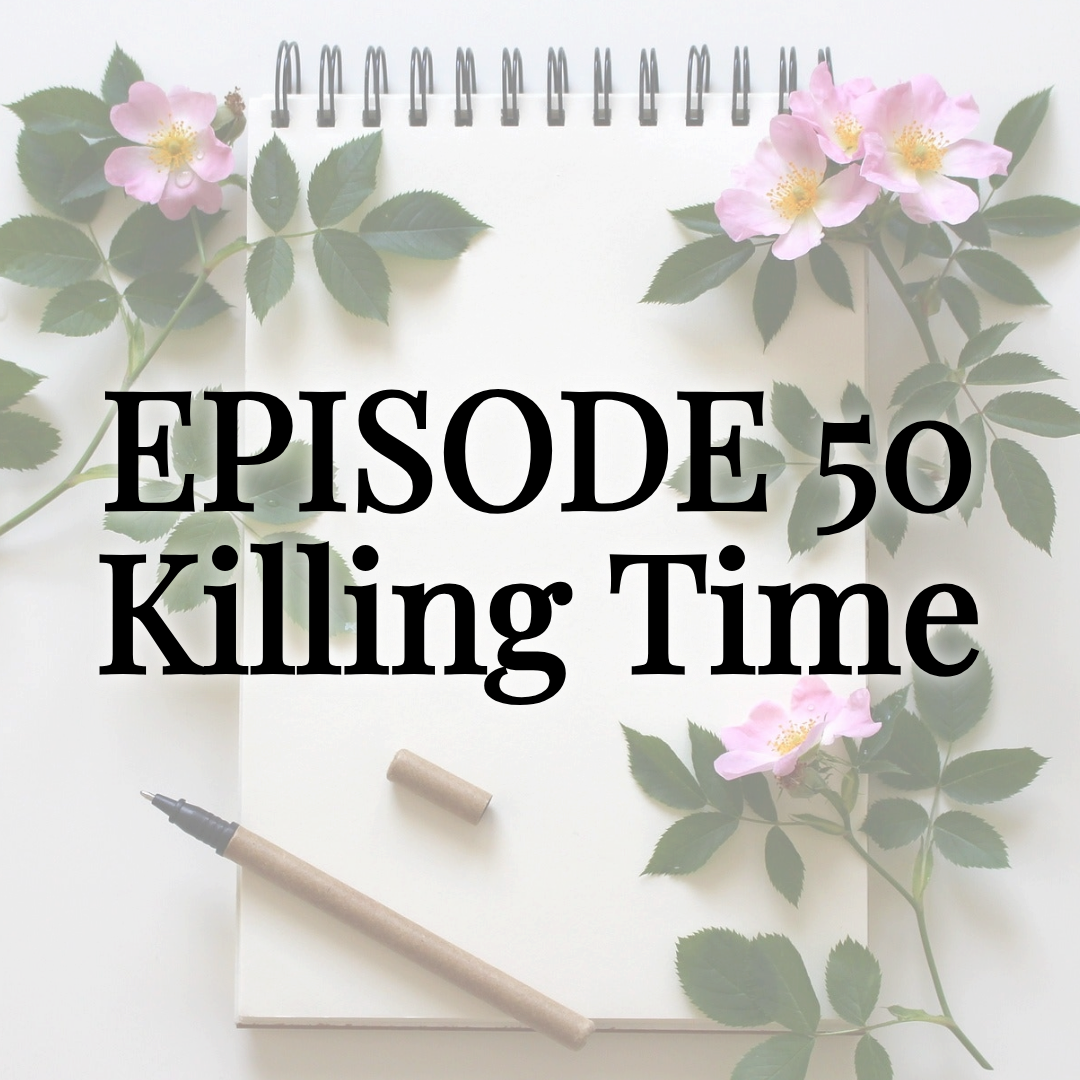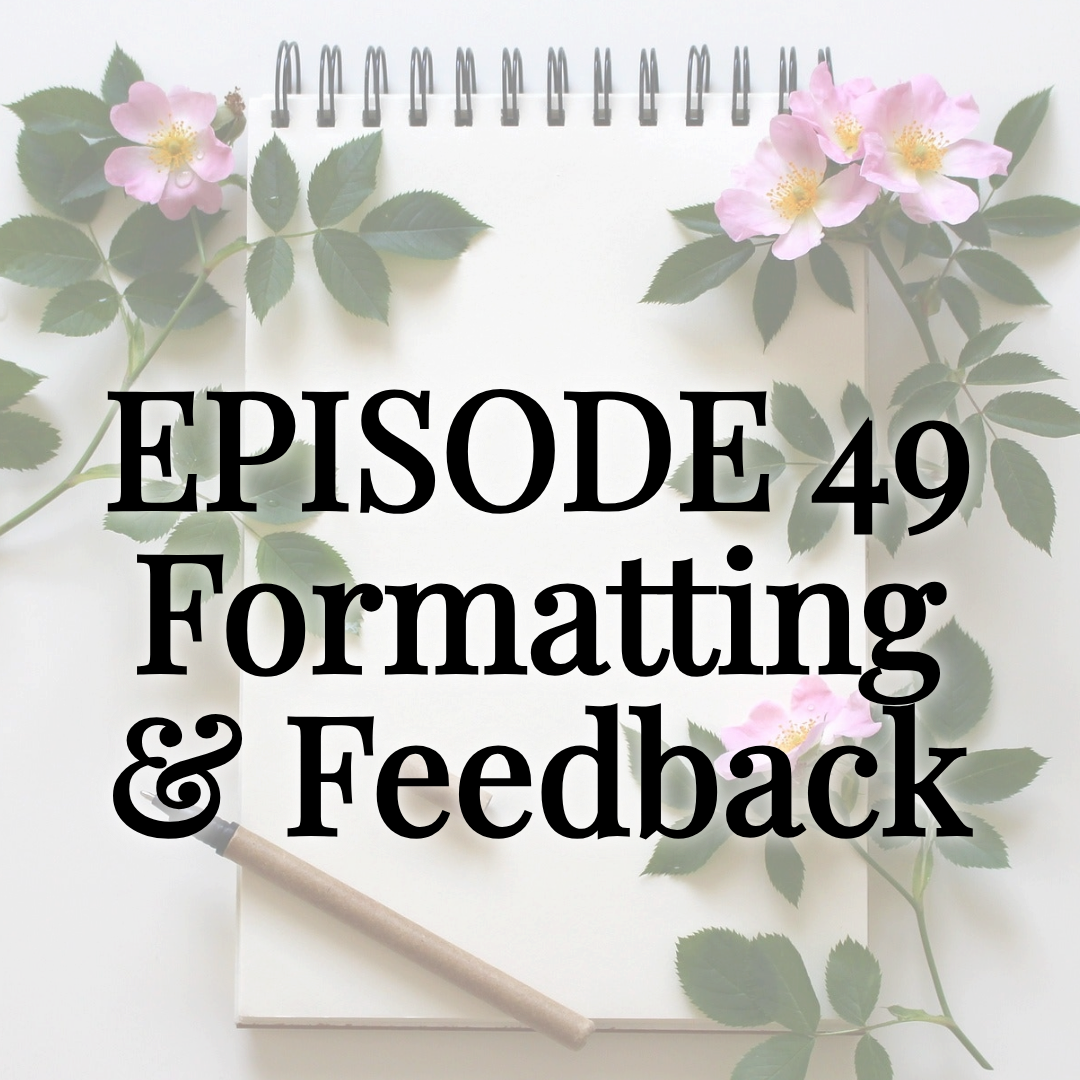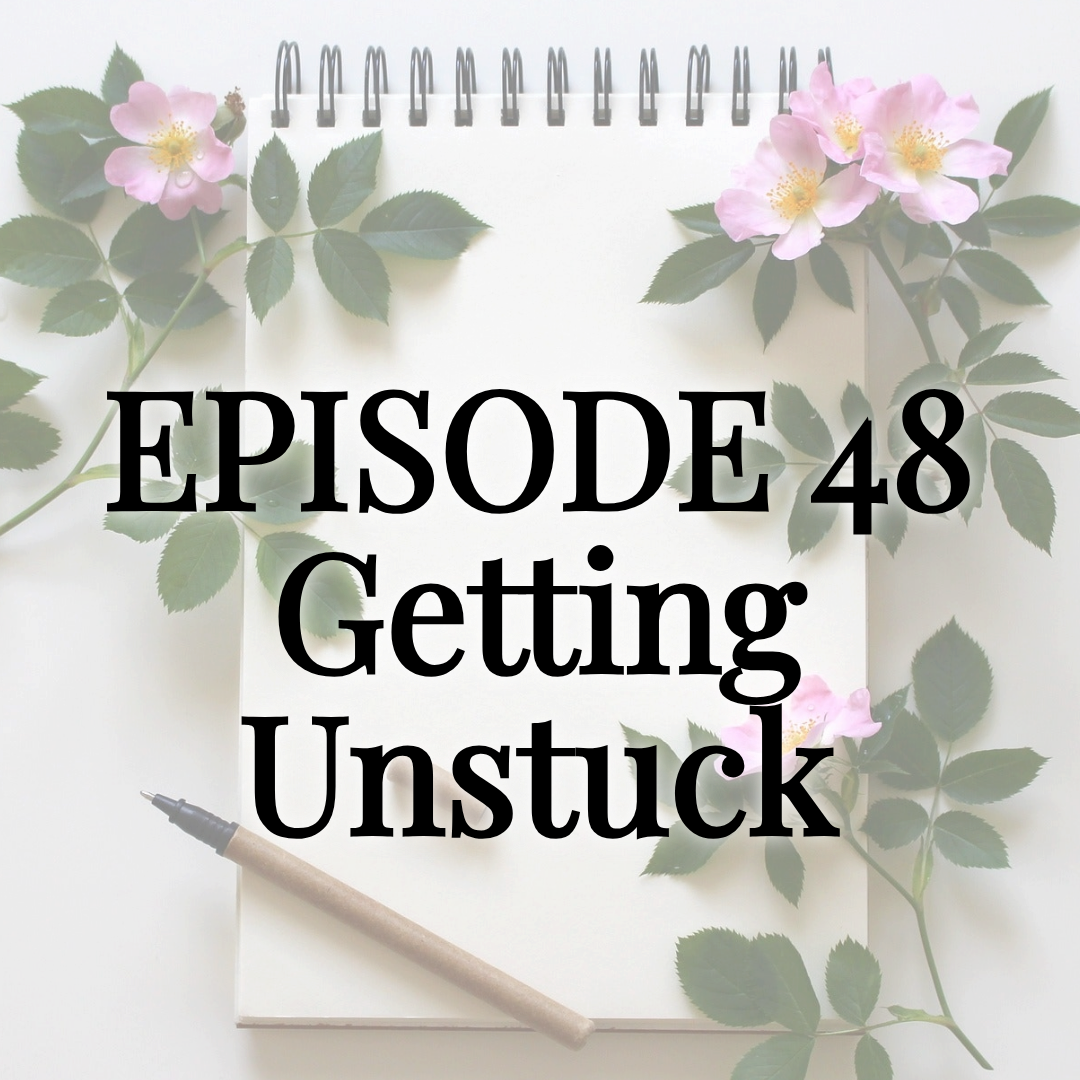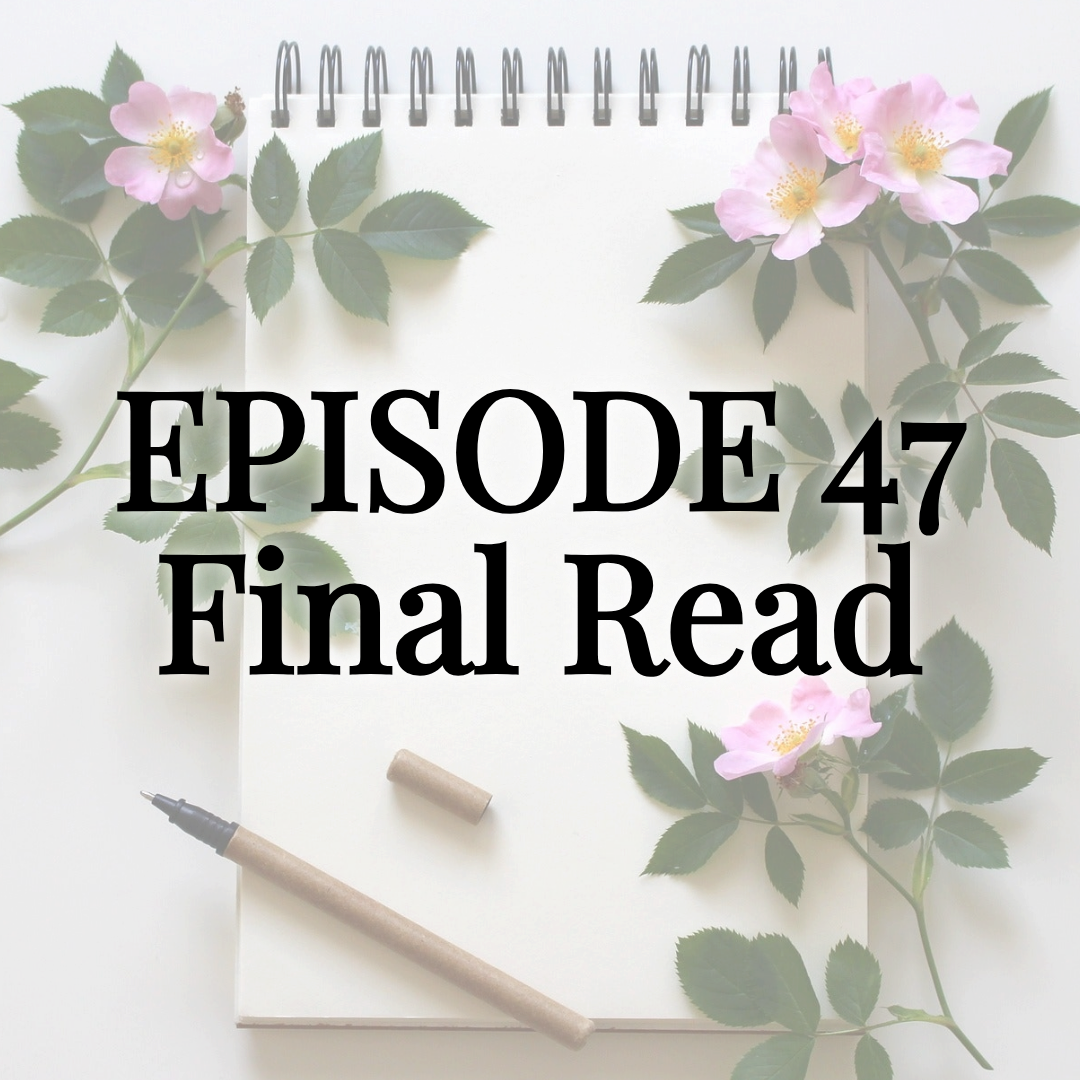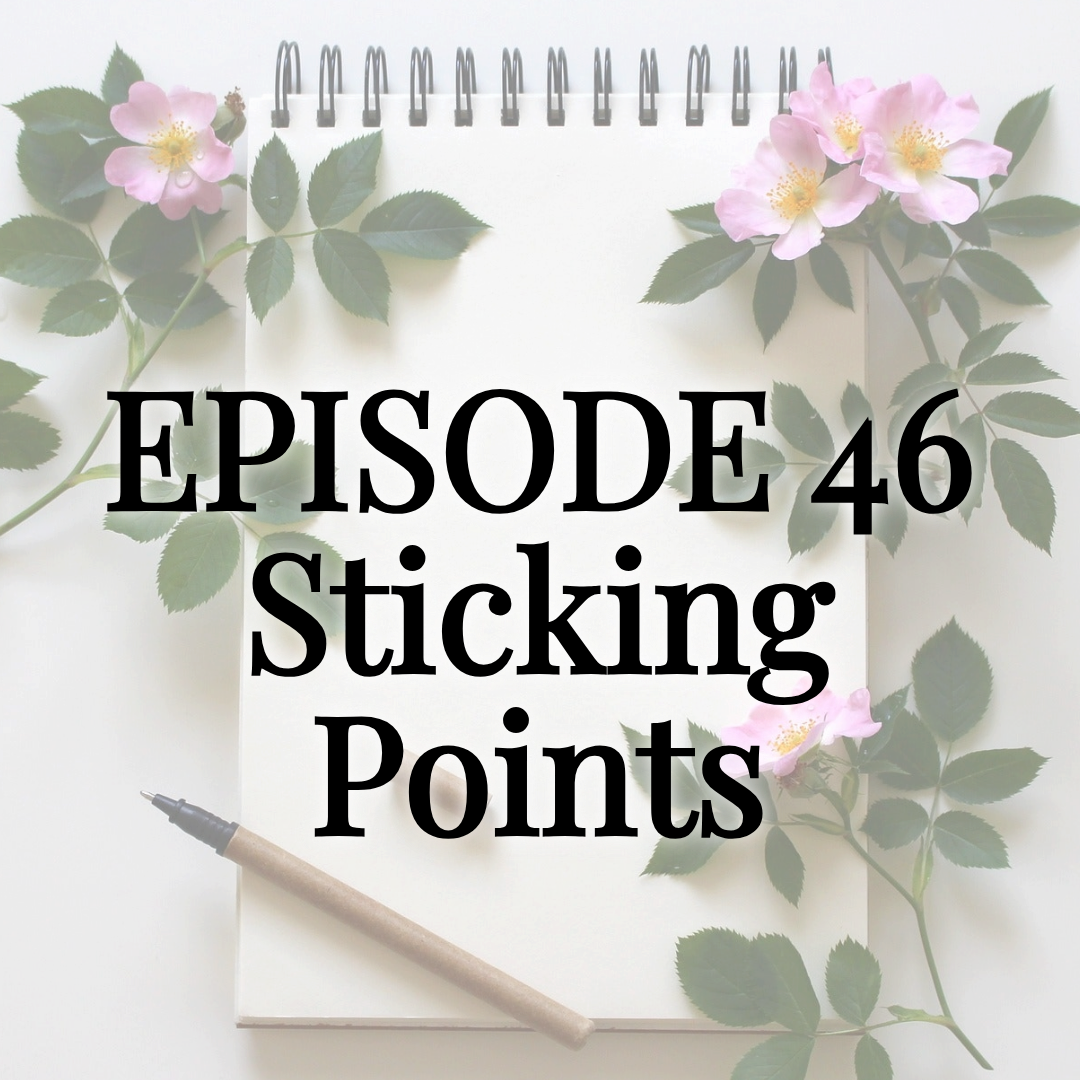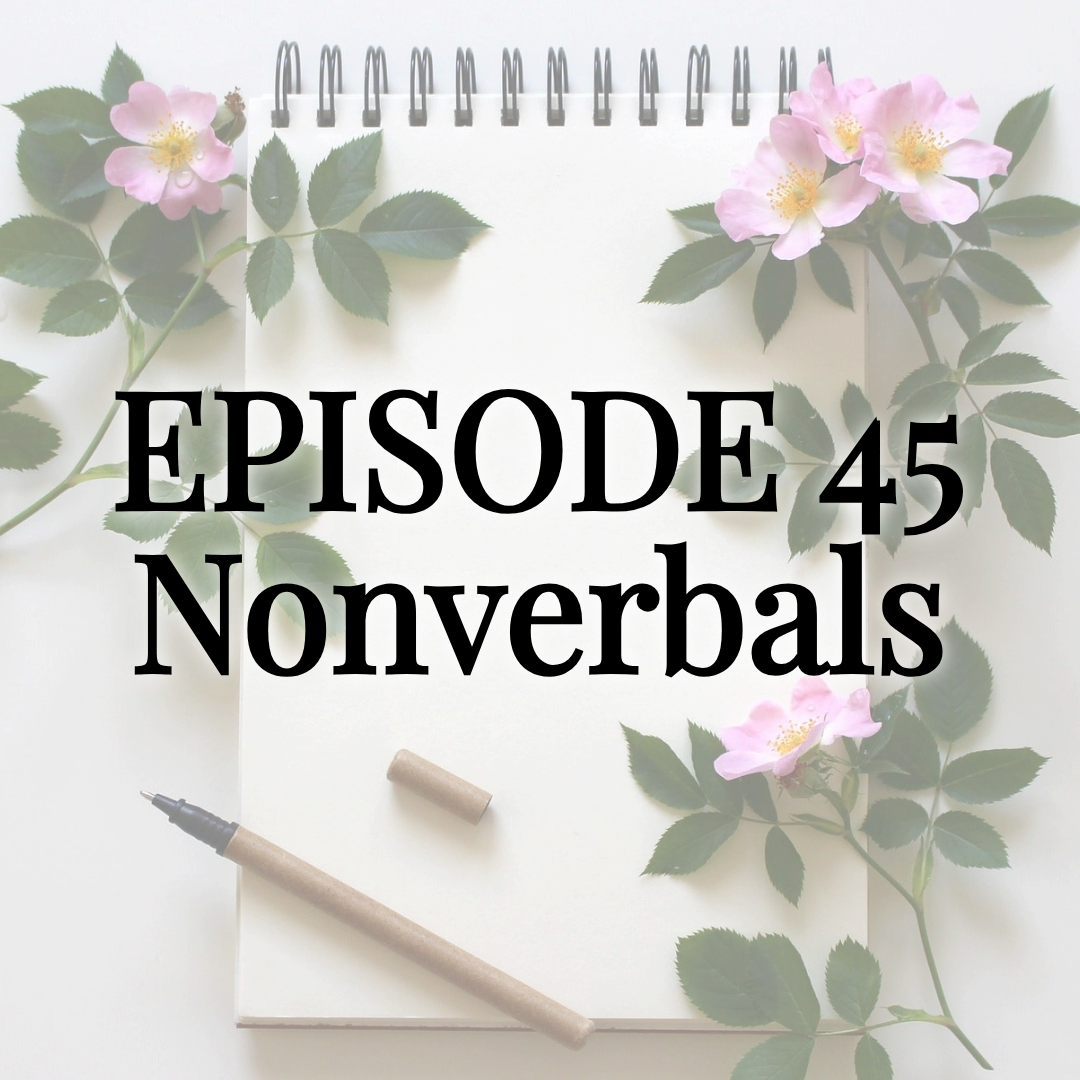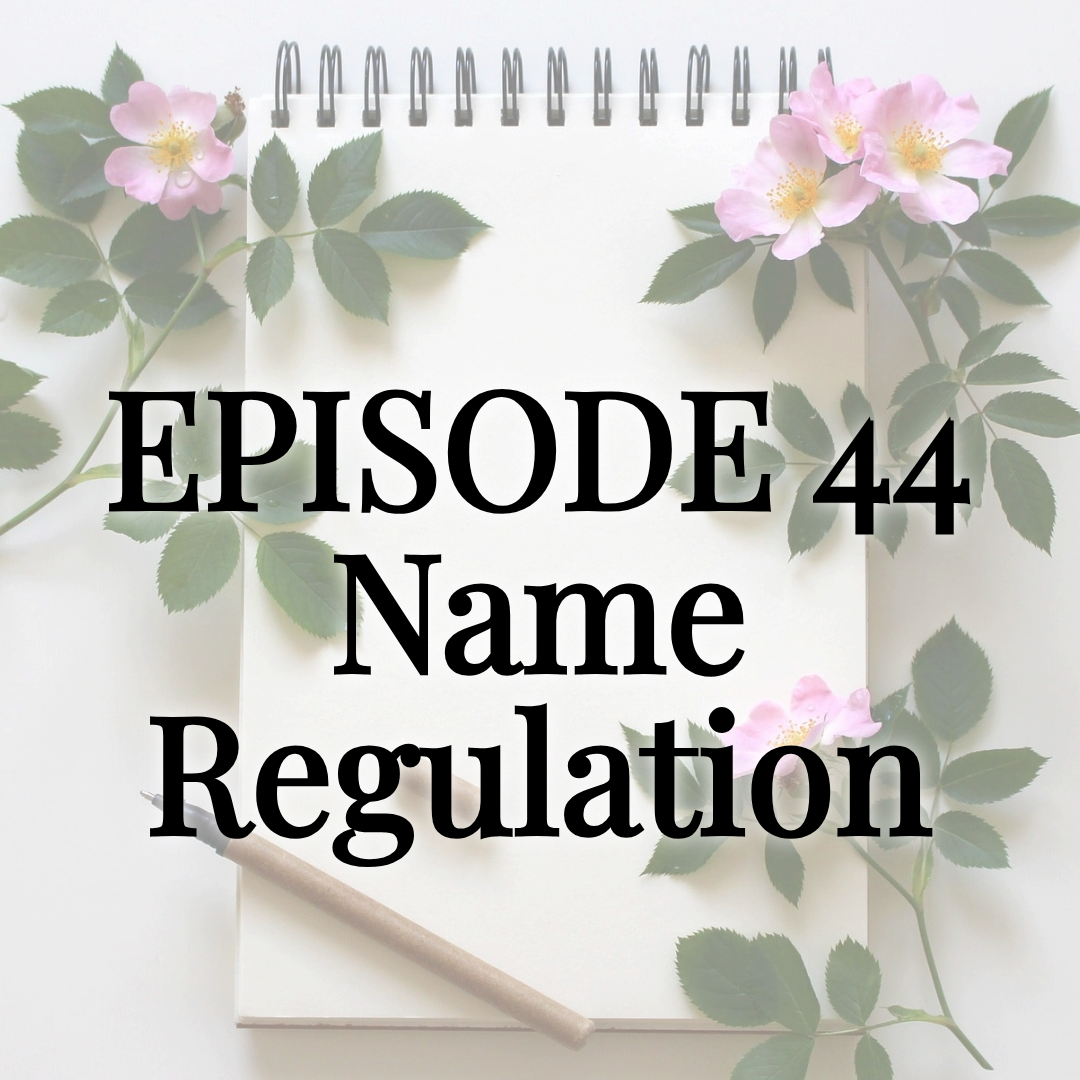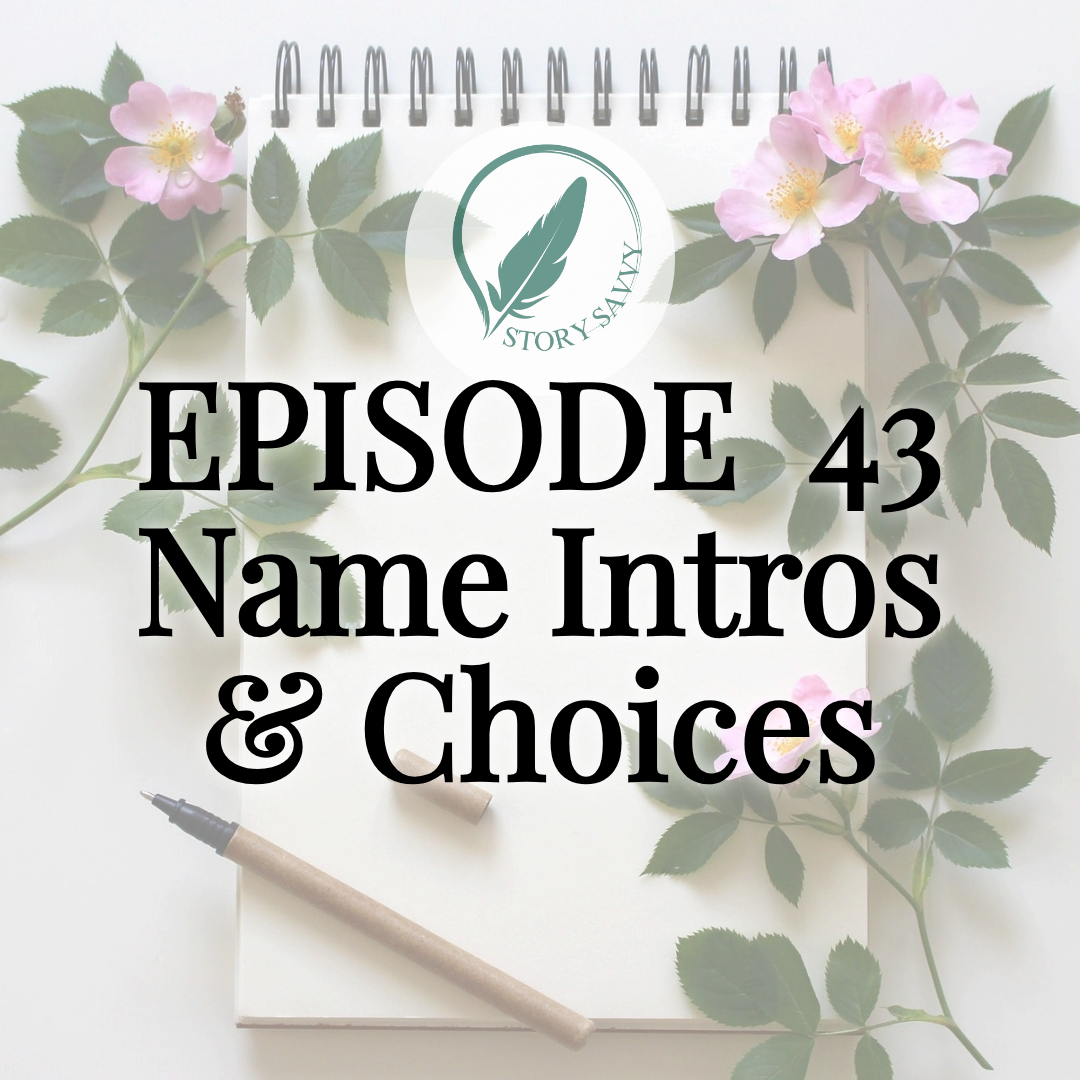Word Count: Story Savvy Self-Editing Episode 21
Here is the handout I mentioned that can help with slimming:
You can simply click on the image above, or download it here through Book Funnel!
I also want to give a huge shout-out to my guest host on this episode, Jena Doyle! You can find her poly fantasy romance series Midsummer, her motorcycle romance series Steel Roses, and her contrebutions to the Royal Bastards universe on her website:
jenadoyle.com I had the honor of developmentally Editing Blood and Whisky in the Royal Bastards word, and you can find the video testimonial about Jena's experience with that in that tab above.
You can also find and follow her @thejenadoyle on all social media platforms!
Episode 21 Overview:
Word Count Self Editing
"Is my word count in the Goldilocks zone for my genre? If not, do I need to add content or slim down? What is the easiest & fastest way to do so that doesn’t compromise my core love of this story?"
In this week’s Story Savvy Series, we discuss how to edit your book yourself, focusing on using word count effectively and slimming or expanding those numbers as needed. In this episode, developmental editor Rebecca Hartwell teams up with guest host and author Jena Doyle [jenadoyle.com], who is filling in for Agnes Wolfe [authorsalcove.com]. Together, they explore practical self-editing strategies focused on word count. Whether your manuscript is bloated, barely hitting the minimum, or you aren’t quite sure what the word count should be in the first place, this episode will help you make every word count—literally.
Episode 21 of the 52-Week Story Savvy series explores how to meet genre’s length expectations and refine your novel at the chapter, scene, and sentence level. Together, Rebecca and Jena provide actionable techniques to optimize pacing, balance chapter lengths, and trim or expand your story without losing its heart.
They also discuss:
- How to identify your ideal word count based on bestselling books
- Strategies to tighten bloated manuscripts and cut unnecessary scenes
- Smart ways to increase word count without adding fluff
- Tips for managing chapter structure and reader flow
- Tools like tally counters and search-and-replace to fine-tune your writing
Whether you’re aiming to traditionally publish or self-publish, this episode offers essential insights for polishing your manuscript and aligning it with professional standards.
Recommended Resources:
Jena Doyle –
https://jenadoyle.com
Authors’ Alcove Membership Community –
http://authorsalcove.com
Jena Doyle on all social media platforms at TheJenaDoyle
Book Giveaway –
http://authorsalcove.org
Find & Replace Self-Editing Handout – https://dl.bookfunnel.com/o3exny3f5m
See you next week for episode 22: Mental Health & Self Care
Episode 21 Transcript:
Self-Editing for Word Count
Rebecca Hartwell: Hello and welcome to the Hart Bound Editing Podcast! This is episode 21 of the weekly Story Savvy series, where we tackle the 52 biggest self-editing topics and tips to help you make your good story great as a published author asks me—a developmental editor—all of the questions that you have wanted to. My usual co-host and a delightful string of guest hosts have covered a bunch in this series so far, and last week, that guest host, Sylvia, and I went over the ins and outs of Deus ex Machina. Today, my temporary new co-host, Jena, and I, are going to take a look at self-editing for word count at each layer of a story, which I expect to be a very hands-on part of self-editing for many of our listeners. By the end of this episode, you'll all hopefully feel confident identifying the magic word count numbers for you and your specific book, and have some really solid tools in hand to make any adjustments that are needed—up or down.
Joining me to ask all of the questions is my friend and former client, Jena Doyle, the author of Midsummer, Crimson Chaos, and Blood and Whiskey, just to name a few, which I had the honor of developmentally editing—Blood and Whiskey—which was a delight. Why don't you tell us a little bit more about you and your writing before we dive in with our first question?
Jena Doyle: Sure, thank you. So, I'm Jena Doyle, and I started writing—gosh—when I was a little kid, but I started publishing in 2023. Crimson Chaos was my first book that I self-published. I have been writing a queer poly adaptation of Midsummer Night's Dream, which was four books and took me four years to write. I just finished publishing that one this year, which I was very excited about. And then I have a shifter paranormal romance—that's my Blood and Whiskey in the Royal Bastards shared world and universe—and I've got a couple more coming out this year, so very excited to get those done.
Rebecca: Excellent. And I'm excited to read them. Why don't we jump in with our first word count topic for today?
Jena: Sure. Okay, so the first question I have for you is: what are your personal thoughts on word count for the whole book? For instance, I know if you go traditional, there are often requirements you must meet in order to have your book even looked at. But if you're self-publishing, you can always argue that anything goes. And what is your position on that line of thinking?
Rebecca: First of all, I don't have any real arguments with that. One of the easiest ways to never get your book even looked at by an agent or publisher is to not meet their word count requirements. And technically, you can self-publish anything. But there are always going to be guidelines if you're looking for success, because each genre of readers have their expectations.
So, I suggest, when you're looking at this aspect of freedom, that you don't assume that you can be the exception to the rule until you've sold a million copies—until you've proven that you can do—sorry—until you've proven that you can follow the rules before you break them, kind of thing.
But pretty much any genre, or even agent requirements, it's not going to be: you have to write precisely this number. There's almost always a Goldilocks zone. So, you have a minimum number and a maximum number, and there should always be wiggle room in there.
So, bear that in mind. And it's okay if you fall on the lower end of that spectrum or the upper end of that spectrum, but always aim for that Goldilocks zone.
And if this topic is stressing you out—you being any of our listeners—then I highly encourage folks to look at restrictions as inspiration. Because if you ended up writing a fantasy that is twice as long as any agent will look at, then use that as inspiration to maybe go back and rework the story so that it's two books. Or, if you wrote 40,000 words and you want to submit to a romance publisher who only accepts at least, you know, 60,000 words—maybe 80,000 words—use that as inspiration to come up with more ways that things can go wrong, or ways to complicate the plot, or ways to bring in and explore new interesting aspects to the story.
So, restrictions are only bad if you see them that way. They can also be very helpful and Jena: Yeah, yeah, that's great advice. What about other layers of the story? Are there any other parts of the book where you think that word count would matter or make a difference?
Rebecca: Yes, very much for chapters and scenes. The difference between those two categories—and they can be used interchangeably, I try not to—a scene is any set of events that happen between a jump in time, place, or perspective, while a chapter is wherever the author decided to arbitrarily cut things.
So, scenes are defined by the story being told, and the author is the one who defines what the chapters are. But both of them should be, potato chip length, is the best description that I've heard. You don't want to sit down and just eat big chunks of potato. You want nice little bite-sized pieces that are really easy to consume. One after the next, after the next, after the next.
And the length of the chapter has a lot to do with that. If it's too long, it's going to feel like things are starting to drag—like the reader isn't getting to take a breath. It can really slow down your pacing because you aren't staying succinct. You aren't getting something done and then moving on to the next thing that needs to be done.
On the other side of that, too-short chapters can feel messy, they can feel chaotic, and it can feel like nothing is really getting done because not enough time and space is being spent on each thing that happens. It can feel very rushed and perhaps like the story hasn't finished being fleshed out.
So, yeah, scenes and chapters are the other place where word count really, really matters.
Jena: Yeah, I would agree with that. I once listened to a workshop with Nikki Sloan who talked about cutting your chapters in the middle of a scene—where it would be almost like a cliffhanger, it would make the reader want to read the next chapter just because, like, "Oh gosh, what happens?" Right? Along the same lines, is there a source that you would recommend to help people know what the total word count is or where the ballpark would be for their genre?
Rebecca: Yeah, I mean, you can—you can look this up online and see what people are saying. And I recommend that you get a couple of different opinions and find a consensus, rather than assuming that whatever answer you find isn't from someone totally off base.
But I recommend doing the math yourself. I recommend just checking the Amazon bestseller page or any bestseller list for your genre—ideally your sub-sub-subgenre, if you know what that is. And you don't have to buy the book. You can just look at the sales page, and look for the page count that will be listed with the book.
Multiply that by about 300. You can find other numbers for how many words per page, but 300 is middle ground. And then that's going to give you your general word count. That's going to tell you roughly how long all of these different books are.
And if you do a list of 10 or more—ideally—I suggest that you scrap the highest and you scrap the lowest as the outliers, and then use an average from the numbers that you have left for how long books in that genre are expected to be, what your competitors are writing, what the audience is expecting, and what's thriving in those genres as far as how long the total word count is.
Jena: Yeah, that's great advice. I'd never thought to do that. That's wonderful. What about specific chapters? How can we check to make sure that we have the right word count on a chapter-by-chapter basis?
Rebecca: Totally. So, if you don't want to do a bunch of work, I almost universally recommend 1,500 words to 2,500 words per chapter—or 1.5k to 2.5k.
And related to that, for scenes specifically, I recommend that they not be shorter than a thousand words, even if you have multiple scenes in one chapter.
Now, if you don't want to trust me on that—if you don't want to take my word for it—or if you want to check and see if your genre is an outlier to that, then you can go through that same sort of math process to find you and your book’s specific chapter length numbers.
So, take those same 10 bestselling books with the numbers that you have for number of pages and total length, and check in the table of contents—which you should be able to see, again, without buying the book—to see how many chapters there are. Write down the number of chapters, and do not include the foreword, the "About the Author," and the "Also By"—only count the actual chapters, and epilogues or prologues if they've got those.
So, then you want to take your estimated total word count and divide it by the number of chapters, and that's going to give you a rough estimate for how many, on average, words are in each of those chapters.
And again, once you've done that math with those 10 books, I suggest that you scrap the highest and you scrap the lowest, and you use the rest as an idea for what's acceptable and what's expected for chapter length.
Jena: Yeah, yeah. As a published author, I know that editing is one of the things that can rack up expenses quite quickly—especially because I know editors often charge for words—by word count. So, making sure that your chapters and your total book is as tight as it can be is very important.
What if you are trying to get your book down to a tighter length before getting feedback? What are some things that we can look at to see if we have unnecessary elements? Or what are some, you know, easy ideas just to slim it down before we send it out to a developmental editor—like how you helped me—or line editing, so on and so forth?
Rebecca: Yeah, first of all, as an editor, I highly encourage everyone to slim their books down before they send it to me. I often get to be much more helpful on manuscripts that have been distilled down versus those that I'm trying to sort through a lot of fluff to get to those story elements that I can really, really help with—so, highly encourage that.
It's frankly a big part of why I'm doing this whole self-editing series. Because the better shape an author can get their own book in before they send it to me, exponentially, the more help that I can provide them.
So how I suggest approaching this specific topic—like with everything else—I suggest approaching it from the biggest elements to the smallest. And I suggest working out your ideas and your brainstorming and all of that kind of stuff in notes separate from the manuscript, until you're certain how you want to proceed, and you have that all planned out.
So—could you start the story later? So, closer to where things really get interesting and big or extreme or kick things off in a very noticeable way? Just answering that question might cut off several chapters from the beginning, while only adding a couple of paragraphs sprinkled in here and there to cover whatever vital details were in those early chapters that you really can't afford to lose entirely.
Same idea at the other end of the manuscript. How much sooner after the climax could you satisfyingly end the story while still maintaining whatever balance of catharsis and cliffhanger you were going for?
Next, for trying to slim down on your own—are there any scenes or chapters in the middle, spread out through any part of the story, that you could scrap entirely, replacing whatever you wanted to happen there with one paragraph or two here or there?
This is one of those spots where that expression of ‘show, don't tell’ needs to get set aside, because now and then, it is better to tell than show. If you're spending a chapter showing something that doesn't really need to be shown and could be skipped over with one paragraph of telling to see, spare your reader all of that fluff. It's basically a matter of deciding if the showing is worth the payoff that the reader is going to get out of it.
Next on our little checklist here would be: are there any plot threads or secondary character arcs through the whole thing that, if you scrapped them, might strengthen the overall story? Because the amount of words that you are spending on establishing it or building it or delivering it aren't really worth the payoff in the end?
So, having gone over those, I'm going to lump these suggestions all together. Are there any, you know, two scenes that could be slimmed down into one of a comparable length? Or two chapters that could be slimmed down to be one chapter length?
Are there any characters that you could combine down into one character or a fewer number of characters to reduce the amount of backstory that you are doing with all of these characters? Are there plot threads or the like that could become multi-purpose—again, reducing how much you need to establish multiple threads if you can make them all come down into one?
So, all of these suggestions that I've covered so far are for scrapping whole sequences—so sets of scenes—or entire chapters or scenes or pages or at least paragraphs. But once you've exhausted those options—and I suggest exhausting them before you get down to one word at a time—I do have a couple of suggestions beyond that for slimming the manuscript at the much, much finer level of attention.
First, it was a game changer for me when I downloaded a little, like, tally counter—click counter app, and, I mean, a physical one would work too—but I went through my manuscript, and I told myself that I had to reduce every single page by ten words at least. And every time I deleted a word or reworked a sentence to make it three words shorter, I would just—just click my click three little buttons. And it made me so happy, and I got that little dopamine rush every time, and it was amazing. Just the mindset shift it gave me—I was suddenly seeing ways to rephrase things that I would never have thought of otherwise. And I was suddenly noticing all of the filler words that I'm usually completely blind to. So, that’s my number one recommendation: get some sort of, like, tally counter. You could do, like, you know, cross-hatch counting—whatever you want to do. But tracking that and doing, like, 10 words a page was huge for me.
And then my second recommendation for slimming one word at a time is: I have a search and replace handout that I will link in the episode transcript for this on my website. And it's basically a little checklist for things that you can do to polish your self-editing at the very, like, copy editing level—only using the search and replace function.
You don't have to read through. Your brain doesn't have to catch anything. You search for it, you check it, you move on. And the first section of that is specifically for slimming. So, it has lists of common filler words to try to delete. It has common contraction opportunities—so turning will not into won’t, stuff like that—and other ideas for reducing your word count overall.
That's—that's all of the tools that I've got for slimming down before your editors.
Jena: It is amazing that, you know, how much—once you are aware of how many filler words you actually use—how that will change the way that you write. For me, I use the word ‘sure’ at the beginning of a sentence a lot. Like, “Sure, I did blah blah blah,” right? And then, you know, I had a beta reader point out to me, "You use the word sure a lot. It’s in here, you know, 46 times." And I was like, "Oh my goodness, I didn’t realize I ever did that." And so now, like, it changed the way I write.
What about the opposite? What if we are—we don’t have enough words for our genre? Maybe we feel that way before we get feedback or, you know, while we are in the process of editing, or even if an editor has suggested to us, "You know, your word count is a little low." What are some tips and tricks that we can use to bring that word count up to genre standard?
Rebecca: Sure. So, first of all, I would recommend going back to episode 6 in this series, which was all about looking at splitting or combining story ideas, how to assess that, and how to best approach it.
You can also consider picking a different book type or book label. So, that could be a short story or a novella. If you thought you were writing a full-length novel and you actually have a novella-length story, then it makes more sense to change the label than it does to try to double the length of the book.
And this might sound silly to some of our readers, but I have had clients who had 20,000 words or so thinking that they could, you know, expand that up to be a full-length novel—so 80,000 words—and after talking them through it, pivoting so that that story could be a lead magnet novella or something like that was much, much more doable and kept the integrity of the story that they wanted to tell.
Lastly, for expanding up the word count for an overall book is something that I definitely went into a lot more detail on in episode six, but it's essentially: make things harder for the protagonist and make more things go wrong. Those approaches to adding length are the least likely to end up feeling like fluff or shoe leather or unnecessary.
Jena: Yeah, yeah, that’s such great advice. I think it was George R.R. Martin who said, you know, "Find the thing that your protagonist loves and then take it away from them." And there’s always a way that you can make things so much harder for your protagonist and add conflict at the same time.
What about chapter word count specifically? What are some best practices for shortening a chapter that has gone on way too long? Or how can we go about effectively splitting chapters so that it’s, you know, continues the plot but also makes sense for the book in whole?
Rebecca: Sure. So, you touched on earlier that idea of splitting chapters at the cliffhanger. And I think that that can be done, and it can be done very well and effectively. But I don't encourage it for newer authors because I think it’s a lot harder to get those placed right than it is to do it the traditional way.
In fact, there's one author that I've edited that did that cliffhanger chapter ending every single time and nailed it. And everyone else—it’s been a struggle. This was actually something that came up on my last edit, so it's definitely top of my mind.
Typically, you want to split your chapters where there is a jump in time, space/location, or in the POV. So, let’s say you have a 4,000-word chapter that you want to split down into two 2,000-word chapters. You can just arbitrarily pick a spot, but that’s not the most professional way to approach it. That’s going to feel like a little bit of a glitch in the story.
What you can do instead is find a spot within the chapter where there is a jump in time—so, maybe you have a sentence like, And then they drove to the restaurant and got seated. That’s a jump in time because you're no longer describing, "Well, they got the car keys and they got in the car and they turned left at the light." Or it could be a jump in location, which that same sentence is an example of that, but it doesn't have to be like that. Or where you have a scene break splitting the POV. Any of those situations are great places to stick in a new chapter break.
However, if you don't have one of those spots, you can shift things around to create it. If you are struggling to split a large chapter down into smaller ones, I suggest looking at how you can shift things around to artificially add in a jump in time, space, or POV. Because that is where a chapter break is going to feel natural and expected and serve its job and feel professional.
So, as for slimming pre-existing chapters without splitting them, it’s pretty much the same approach as with slimming the whole book—but on a different scale. So, on the chapter/scene level scale: can you start later or end sooner to trim things off either end?
Are there events or conversations within the chapter that you could scrap? Could you combine any of the characters or conversations to distill things down?
And obviously, that 10 words per page or the find and replace filler words are going to work at the chapter level as well.
Jena: What if there is a chapter that is too short, and we don't want to just add fluff just to add word count, but we know that what happens in that chapter is too vital and we can't just scrap it? What do we do then?
Rebecca: Well, like I recommended—I think that about 1,000 words is the minimum for a scene to feel like it does something. So, my top recommendation for building things up, if you need to, is actually to slim it down further and incorporate it into either the chapter before or the chapter after, just using a scene break.
So, if you have a 2,000-word chapter and then you have a chapter that’s 800 words, my suggestion is that you slim it down enough that those two can go together into one chapter—but as two separate scenes within that.
Option two might be to take content away from a chapter that’s too long, or at least on the longer side in your Goldilocks zone, and add that content to the one that’s too short. That might mean moving a certain conversation that happens between two characters, or moving a traveling process or a learning and training process—anything like that, where it's valuable content that adds to the story and needs to be there, but has some flexibility around exactly how, when, and where it comes up.
This is the tool that I personally use the most when I am self-editing. One of the early steps that I will do is I will go through, and I will look at my bloated chapters and see what I could move to some of my overly skinny ones.
Lastly—and like with lengthening the whole book—make more things go wrong and make the protagonist process and respond to and then eventually move forward from that. So, like you were just saying: take what they love—or, find what they love, take it away. Add more complications to the story to—to be—beef things up.
Jena: Yeah. I had a writing professor tell me once, “if you get stuck or you're feeling like things just aren't moving forward,” right? To “have somebody show up with a gun.” And that could be, like, a metaphorical gun—it doesn't have to actually be a gun.
Rebecca: Right.
Jena: But something explosive or something, you know, wild happens. And that can help to either add—add words if you need to, or move the process forward, or have the protagonist, you know, have to have something to respond to.
Rebecca: Anything to throw them off balance and make them have to respond to something because there’s no other choice. Absolutely.
Jena: So, I just have one last question for you. We're running up on time here. What are the tangible benefits of hitting these Goldilocks zones, and what other topics in this series do word counts most have the biggest impact on?
Rebecca: Sure. So, for the full book word count—looking at that—it really, really impacts your trad success likelihood. Again, if you are five words out of whatever Goldilocks zone an agent or a publisher has given you, that's a problem. You need to go in and you need to fix that.
It also really, really affects your likelihood of fitting into your genre. Whether you’re Trad or Indie, you have to satisfy your genre readers, and that is huge. And being a longer book in fantasy or being really, really, really tight in thriller is very, very important.
Lastly, on this sort of global word count topic, you need to deliver the promise that you're giving your readers with your genre choices and your labels. If you are labeling something as a full-length novel, there's a certain expectation that you are going to go deep, and you are going to really develop your characters and your plot and your world-building. And if you then show up with 30,000 words, you just don’t have the space, and you are clearly not going to be able to go as deep and developed as you are promising in your book length and genre promise labels.
So, as far as nailing the Goldilocks zone for the chapter or scene word count, a big part here is pacing—like we talked about right back at the beginning. That really, really does make a difference. It’s often a case—like I said at the beginning—where the longer chapters feel slower, and the shorter chapters feel faster. But this can be an exception in the climaxes, so just keep an eye on that. It’s more acceptable to have fast-paced, longer chapters in the climax of an action story or whatever you’re doing.
It can also really, really impact your interest and investment from your readers. So, if you have really inconsistent chapter lengths, or chapter lengths that are way shorter or way longer than is expected, the *reader is going to start losing trust in you as a writer to some extent. And you don’t want that to happen. You want to keep them very much invested. And nailing that Goldilocks zone for your chapter lengths is part of that.
Lastly for this—it’s professionalism more than you might expect. And this ties into that author trust thing. When I read traditionally published or indie published books with really odd length on their chapters, it always makes the writers seem amateur to me.
And I’m sure that there are some best-selling, expert writers who’ve been writing for a decade and figured out how to make weird chapter lengths work, but again, 90% of the time, hitting these professional requirements that make you seem like you really know what you’re doing are only going to help the impression that your book leaves with your readers.
Jena: I agree. It shows that you've studied your craft and that you are, you know, doing your best effort to perform and, like you said, deliver on the promise that you have given to the reader when they picked up the book. So yeah, you know what? Thank you so much for having me on as your guest host. This has been such a blast, and I always love talking to you—especially about craft or books or anything publishing-related.
Rebecca: Excellent. I've also had a great time, and I love talking to you, and I so look forward to reading the book that you're working on right now. We were talking about that a little bit before the show.
Next week, my usual co-host, Agnes Wolfe, will be back with me, which is very exciting, and we will be discussing mental health and self-care during the self-editing process. So, I hope everyone will tune in to that.
For right now, I would really like to thank everyone following along with this series. We would very much appreciate it if you'd help us out by liking and subscribing to the Hart Bound Editing Podcast and the Author's Alcove Podcast, where you can find lots more content for fantasy authors and readers.
Beyond this joint series, I also highly encourage you all to check out Jena's awesome biker and fantasy romance books at jenadoyle.com, and to follow them on social media under theJenaDoyle on all platforms. I will be sure to leave all of those links in the episode description.
Jena: Thank you so much. Looking forward to it.
Rebecca: Thank you so much for listening to the Hart Bound Editing Podcast. I look forward to bringing you more content to help you make your good story great—so it can change lives and change your world. Follow along to hear more or visit my website, linked in the description, to learn how I can help you and your story to flourish.
See you next time!
